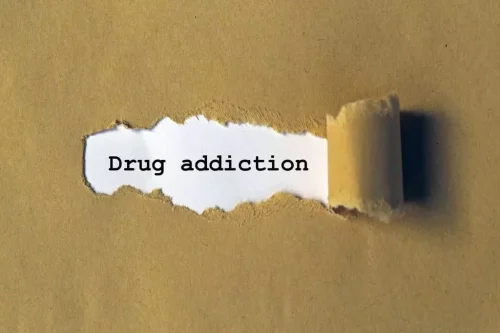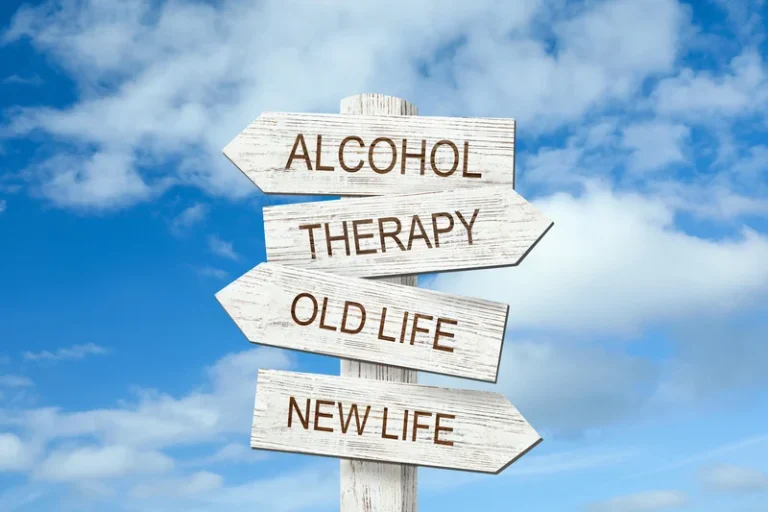How to Become a Substance Abuse Counselor

Cited projections may not reflect local or short-term economic or job conditions and do not guarantee actual job growth. SNHU was my second college experience, but it completely changed my perspective. I felt supported, and everyone at SNHU I encountered encouraged, supported and motivated me in the best ways. I dealt with a difficult life event while attending, and when I talked to my instructors about it and how it affected my classwork at the moment, they were more than understanding and able to provide additional accommodations.
Step 2: Earn a Master of Arts in Counseling, Specialty: Addiction Counseling
- You’ll learn the the 12 Core Functions of addiction counseling, screening techniques, prevention strategies, pharmacological factors and more.
- Psychology.org is committed to delivering content that is objective and actionable.
- Substance abuse treatment at The Recovery Village includes a dual diagnosis process to identify co-occurring disorders so that mental health counseling can be integrated accordingly.
- Substance abuse counselors coordinate with a variety of medical professionals to manage patient treatment, including social workers, psychiatrists, primary care physicians, and nurses.
- Some children of adults who are addicted may have difficulties in school due to anxiety and other stressors that may be experienced as a result of their parents’ addictions.
The requirements to become an addiction counselor (substance abuse counselor) can vary based on your employer and which state you live in in the U.S. Today, there are counselors working with people who struggle with mental illness, substance abuse, domestic violence and health conditions. There are also counselors specifically trained to help people handle grief or manage stress.
Substance Abuse Education

These professionals work with individuals who experience a range of substance use issues. This may involve working with people with alcohol use disorders, but they may also work with clients with substance use disorders involving drugs such as cocaine, heroin, marijuana, and prescription medications. Specific job duties often vary depending on where professionals work and the type of support they offer. They often counsel individuals or groups to help people understand the factors contributing to addiction. Helping people develop new coping skills and ways of thinking is another important part of what substance abuse counselors do. Substance abuse counselors help people experiencing substance use and drug addiction problems.
- Counselors will most likely have to treat many who not only suffer from addictions, but also other behavioral and psychological disorders caused by different stressors.
- These plans may involve inpatient or outpatient care, psychotherapies such as cognitive behavioral therapy (CBT), mental health counseling services, and support groups.
- Individuals who find themselves experiencing an addiction to drugs or alcohol often find the services of a mental health professional to be helpful in overcoming the addiction.
- With addiction taking a toll on individuals, families and communities across the country, the need for highly educated community workers with a background in substance abuse has increased.
- They may also provide case management services and refer clients to other resources, such as support groups or 12-step programs.
- Addiction counselors also counsel friends and relatives of people living with addiction.
- Depending on their educational background, students can choose one of two pathways to earning a master’s degree in counseling.
What Does a Substance Abuse Counselor Do?
Generally speaking, you need at least a bachelor’s in human services, counseling, rehabilitation, social work or a related field to advance to case management work. However, your level of education can often limit the responsibilities you are given. The BLS notes that human service assistants substance abuse counseling with high school diplomas, for instance, tend to do more menial work, like helping clients complete paperwork. Lead group discussions for people affected by substance use disorder using recovery-oriented, trauma-informed, culturally competent, strength-based approaches.
- However, keep in mind that each state’s regulations are unique, and the license and certification requirements vary.
- All of these qualities play a role in developing what is known as the therapeutic relationship or the working alliance between a mental health professional and a client.
- During a practicum, they are expected to learn, internalize, and apply the responsibilities and characteristics of professional counselors.
Substance abuse counselor training and certification
Residential (meaning you live at a treatment program)Residential care usually lasts for a few weeks to a few months. Treatment for more serious conditions may mean staying with a program for a year or more. With therapy, a person who has become dependent on drugs or alcohol is often more likely to overcome an addiction, and several types of therapy are helpful in this process. In particular, cognitive behavioral therapy and motivational interviewing therapy—a person-centered therapy that relies on the person’s inspiration to change—have demonstrated effectiveness in this arena.
Licensure and Certifications Requirements

